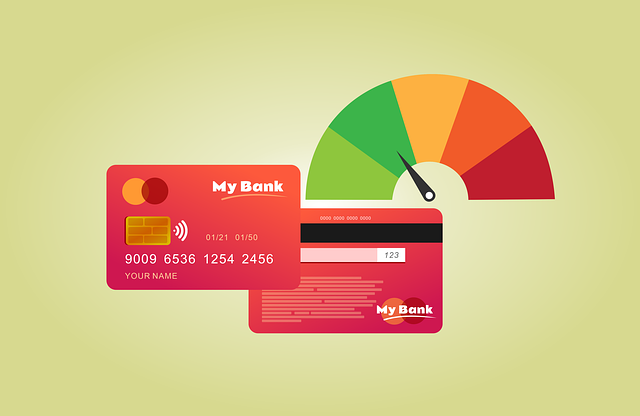Credit report errors, ranging from typos to identity theft, can hamper real estate transactions. Regular monitoring, dispute resolution, and accuracy are vital for buyers and sellers to avoid delays and secure favorable terms. Request free credit reports, identify errors with supporting docs, and dispute them with bureaus. Correcting these mistakes improves financial health, enhances mortgage appeal, and builds trust in real estate deals.
In today’s competitive real estate market, a buyer’s or seller’s credit report is a crucial factor. Understanding and correcting credit report errors can significantly impact your financial future. This article guides you through the process of identifying and rectifying inaccuracies, focusing on common types of errors and their implications for real estate transactions. By the end, you’ll grasp the benefits of maintaining an accurate credit report and be equipped to navigate this essential step in the real estate process.
Understanding Credit Report Errors: Common Types and Their Impact on Real Estate Transactions

Credit report errors are more common than you might think and can significantly impact an individual’s financial standing, especially in the context of real estate transactions. These errors can range from simple typos to more complex issues like identity theft or account misinformation. For instance, a wrong address listed for an old utility bill could be mistaken for a current residence, affecting a buyer’s eligibility for a mortgage. Similarly, an inaccurate credit limit or payment history can distort a borrower’s actual financial health.
In the real estate market, where decisions are often made swiftly, even minor errors can delay processes. A potential buyer might find themselves denied a loan due to an outdated negative item on their report. This is why it’s crucial for both buyers and sellers to regularly monitor their credit reports, dispute any inaccuracies, and ensure they reflect current financial activities accurately.
Navigating the Process: Steps to Correct Credit Report Inaccuracies

Navigating the process of correcting credit report errors can seem daunting, but it’s a crucial step for anyone looking to secure favorable terms when applying for loans, including those in the real estate sector. The first step is to obtain a free copy of your credit report from each of the three major credit bureaus: Equifax, Experian, and TransUnion. Once you have these reports, meticulously review them for any inaccuracies or inconsistencies.
Next, identify the specific errors and gather supporting documentation. This could include pay stubs, bank statements, or other proof to validate your claim. Then, contact each credit bureau directly, explaining the error and providing your supporting documents. The credit bureaus are required by law to investigate these disputes, so be persistent in following up if there’s no resolution within a reasonable timeframe. Correcting these errors can significantly impact your financial health, thereby enhancing your appeal when applying for mortgages or other real estate transactions.
The Benefits of Maintaining an Accurate Credit Report for Real Estate Buyers and Sellers

Maintaining an accurate credit report is paramount for both real estate buyers and sellers. For buyers, a pristine credit history signals financial responsibility to lenders, potentially securing more favorable mortgage rates and terms. Lenders trust borrowers with strong credit reports, knowing they are less likely to default on loans. This can lead to faster approvals and smoother transactions during the home-buying process.
Sellers also benefit from accurate credit reports as they provide insights into a buyer’s financial health. Knowing that potential buyers have solid credit can build trust and increase confidence in negotiations. Moreover, it helps sellers avoid costly delays or rejections caused by errors in credit reports, ensuring a smoother sale. In the competitive real estate market, every advantage counts, and an error-free credit report is a significant one.






